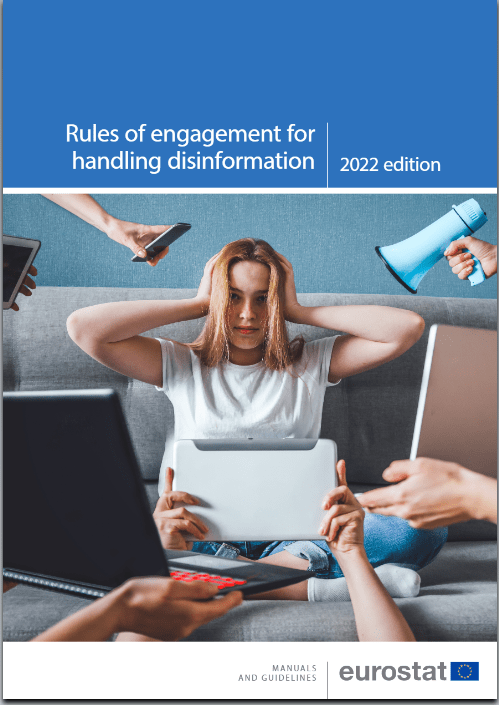Today, 1 July 2022, the new improved Roaming regulation enters into force. It extends “Roam-like-at-home” until 2032 – the scheme thanks to which travellers in the EU and the EEA can call, text and surf abroad without extra charges.
The new rules will also bring about significant benefits for EU businesses and citizens, who will enjoy a better roaming experience, with the same quality of mobile service abroad as they have at home. The new rules also improve access to emergency communications across the EU and guarantee clear information about services that may be subject to extra charges.
Better mobile internet speed while travelling
Consumers now will have the right to the same quality of mobile internet abroad, as the one they have at home. Operators providing mobile services should ensure that consumers have access to use 4G, or the more advanced 5G, networks, if these are available at the destination the consumer is visiting. Consumers should be able to find information about network availability in their mobile service contracts and on the operators’ websites.

Rules of engagement for handling disinformation. 2022 edition
|
Preventing unexpected hidden charges
When consumers travel by planes or on boats, mobile phones may automatically connect to the on-board network, provided by satellites. Using mobile connection services provided by non-terrestrial networks may be subject to very high surcharges. The new roaming rules oblige operators to protect their consumers and notify them if their phones switch to a non-terrestrial networks. Additionally, operators should automatically interrupt mobile services if the mobile services over non-terrestrial networks reach charges of €50 or another predefined limit. Operators may also offer additional services, such as the possibility to opt out from roaming on planes and boats.
More information for better choices
Consumers should be able to make informed decisions about using services that may subject them to additional costs. When travelling abroad, calling customer service, insurance and airline helpdesks, or SMS texting to participate in contests or events, may be more expensive than it costs at home. Operators have to make sure to provide consumers with information about the types of phone numbers that may carry additional costs when consumers dial or access them from abroad. Operators should inform consumers via automatic SMS messages sent when crossing the border to another EU country, as well as in the service contracts.
112 – Emergency communication while travelling
The new roaming rules are ensuring that citizens are aware of the single EU emergency number 112, which they can use anywhere in the EU to reach emergency services. By June 2023, operators should send automatic messages to their customers who travel abroad to inform them about the available alternative means of reaching emergency services, such as through real time text or apps. Those citizens who are not able to make voice calls may use these alternative means.

Comisión de transformación digital interna |
Lower inter-operator prices, better conditions for consumers
The new Roaming regulation sets lower wholesale charges, the cost to operators for using networks abroad to provide services to their customers when they are abroad. The wholesale caps are set at levels that ensure that operators can sustain and recover the cost of providing roaming services to consumers at domestic prices:
- For data services, the new regulation sets the following wholesale caps: 2 €/GB in 2022, 1.8 €/GB in 2023, 1.55 €/GB in 2024, 1.3 €/GB in 2025, 1.1 €/GB in 2026 and 1 EUR/GB from 2027 onwards.
- For voice: 0.022 €/min in 2022-2024 and 0.019 €/min from 2025 onwards.
- For SMS: 0.004 €/SMS in 2022-2024 and 0.003 €/SMS from 2025 onwards.
Lower wholesale charges benefit consumers, as they should ensure that all operators are able to offer competitive roaming subscriptions in line with the ‘Roam like at home’ principle.
More information: European Commission – Press release







Leave a Reply